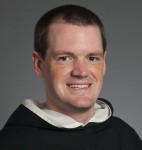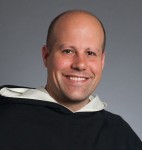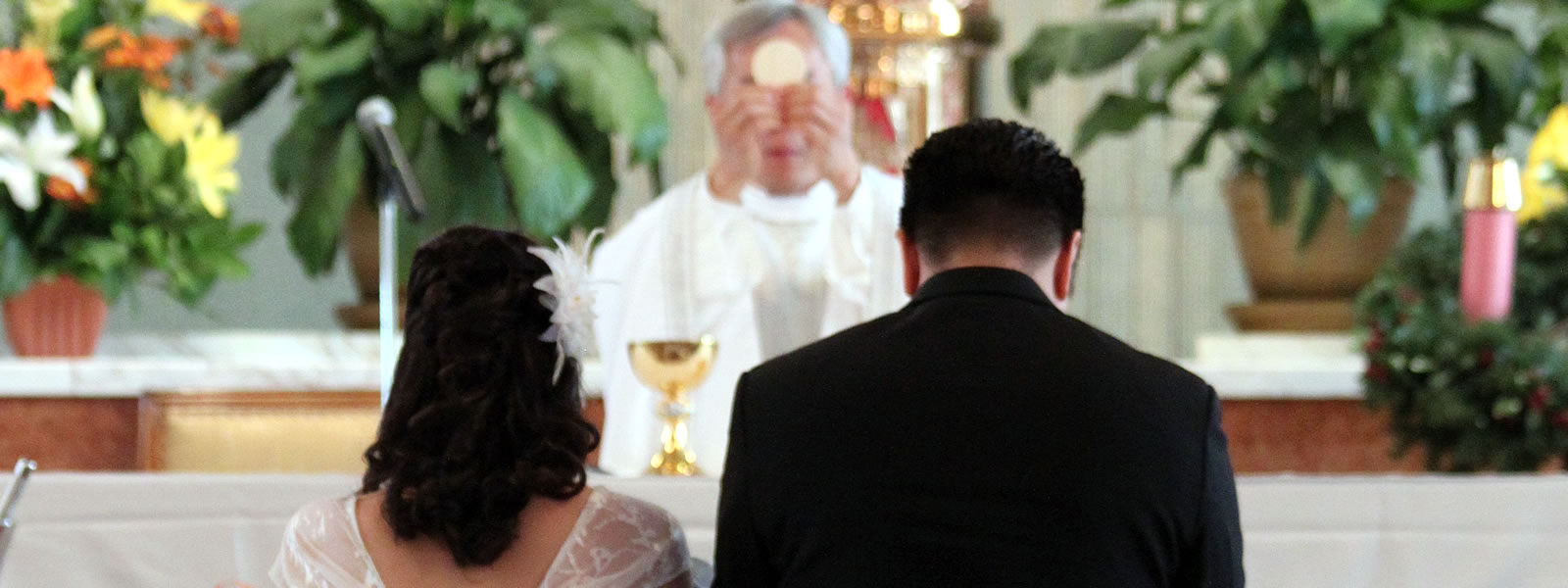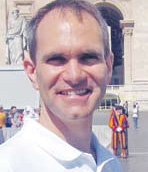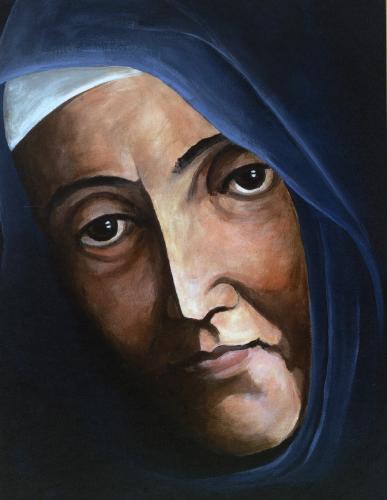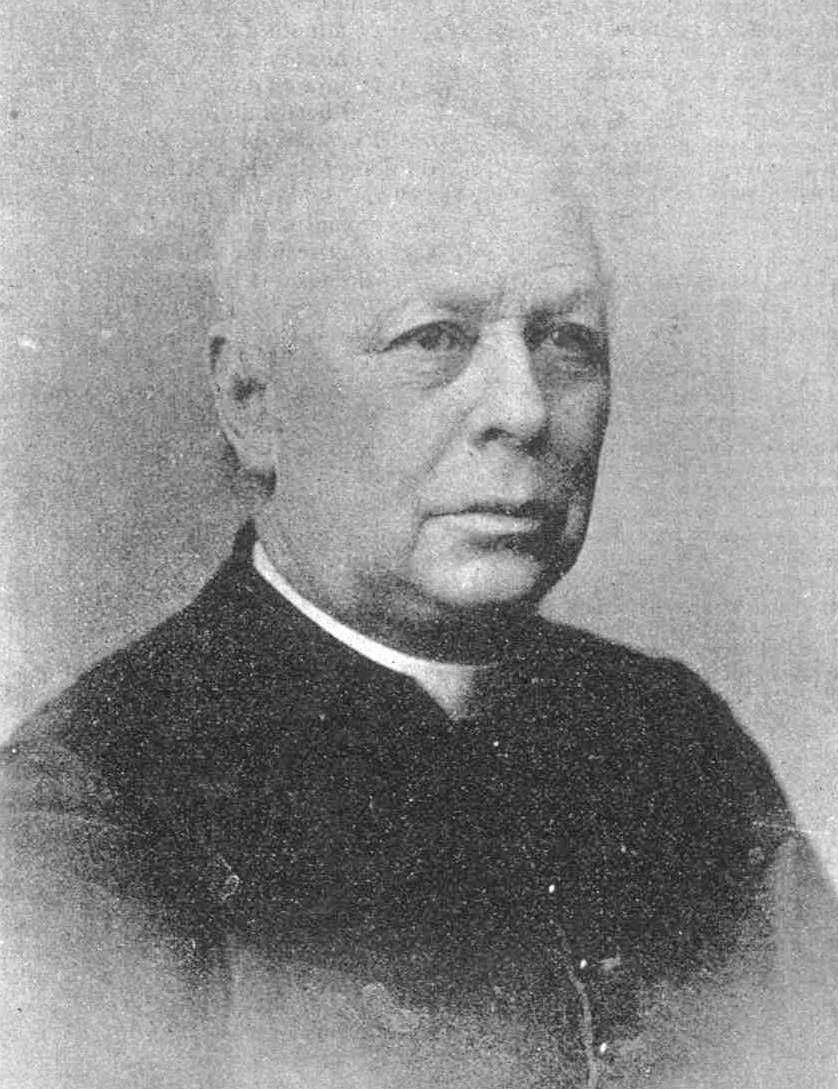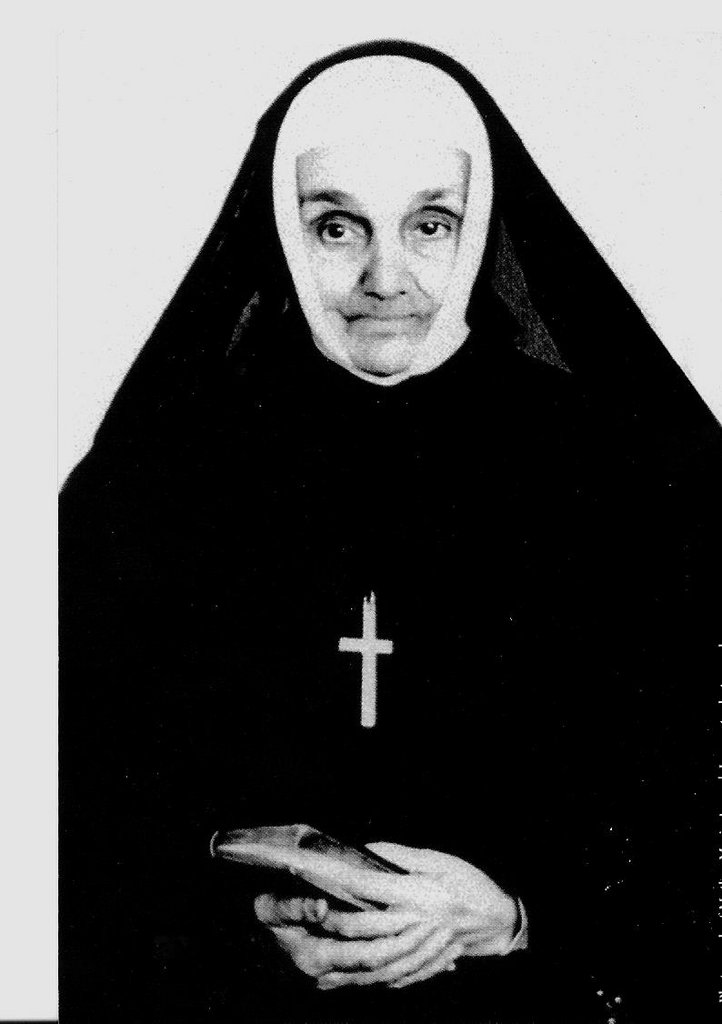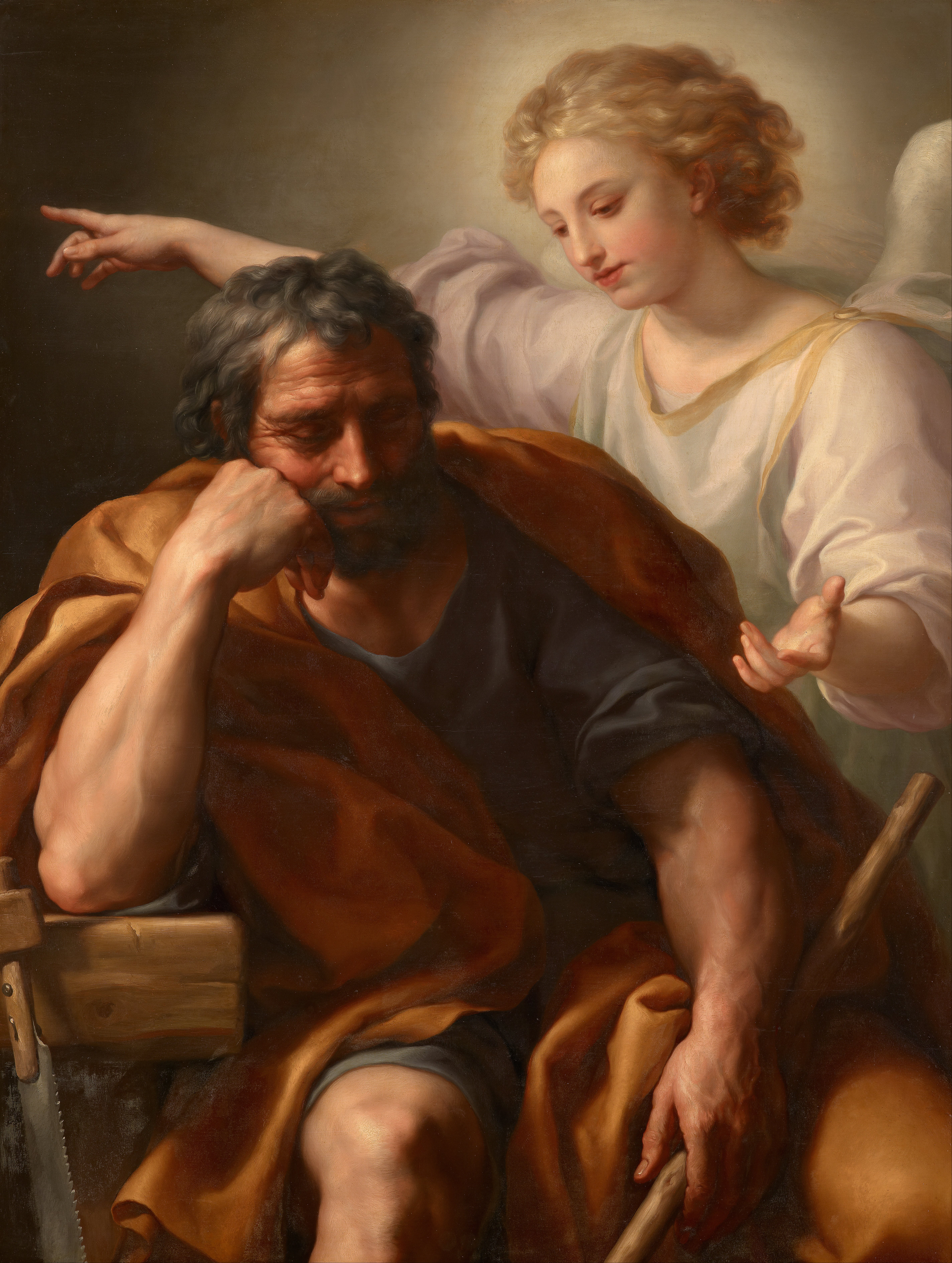
-“The Dream of St Joseph”, by Anton Raphael Mengs, circa 1773/1774, oil on oak, 114 × 86 cm (44.9 × 33.9 in), Kunsthistoriches Museum, Vienna, Austria
I think a subtitle of this feast should be “The Physical Labor of the Lord”, to celebrate God’s enshrinement, sanctification, participation in holy work: muscles, mind, sweat, and the dignity and joy of it. The Talmud states that if someone has a religious question and the rabbi is unavailable, they should consult the carpenter/mason, one who works on walls, windows, doorways and the like. Joseph and his foster Son’s trade appears to have had some religious authority associated with it.
In thinking of St Joseph, the first characteristic, most precious, and most relevant to today is his obedience. He was willingly, lovingly obedient to the will of God, all his life. He never thought of what he should do instead of what God wanted, and when he learned what God wanted, he did it straight away, without question, hesitation, or guarantee. Mt 1:24. He had his uncertainties, his doubts, his concerns, his worries, of real practical necessities, but he trusted, in faith, always, and bent to the will of the Father, even when that was most difficult, all of his life. St Joseph, Obedient Servant of God, pray for us!
Most privileged, even more than all the priests of Jesus Christ to follow, he held, truly, the flesh & bone, body & blood, warm & youthful human body of God in his arms. He had the extreme privilege to let God, immediately before him, obedient to Joseph as parent, (Oh! The irony!) know He was loved, by word and deed, to wipe His tears, stroke his hair, rub His back, to tickle Him, to remonstrate with Him, and bring forth a smile when anything else was shown, to encourage Him, always. Blessed Joseph, Most Privileged of Men, pray for us!
I have a growing and burning, maybe you can tell, passion for and devotion to St Joseph. I think he is a key to renewal of the Church in the modern world. I do. Not some fairy tale character, but a masculine man of action, humble enough to realize he was not God nor entitled to anything; risk-taking, intrepid, resourceful, and obedient to the will of God. I do. I love St Joseph. I do. St Joseph, Head of the Holy Family, pray for us!

-by Dr. Taylor Marshall
“Where does Joseph sit in heaven? Is he in the front row? Is there anyone ahead of him?…When I was a brand new Catholic; I think I had been Catholic maybe three or four months, I was in confession and I confessed, you know, maybe having a disagreement with my wife or a fight or something like that, or difficulty with the kids and the priest through the screen said, well, you should have a devotion to St. Joseph, which I knew that, and he said, St. Joseph had a wife and he had a child and he can really help you and inspire you.
I ended up leaving that confession and being like, yeah, but Joseph’s wife was sinless and his son was God, 🙂 so I don’t really see how Joseph helps me out there. So, I’m gonna show you how I kind of passed through that way of thinking and I found Joseph to be so helpful. I’m gonna answer all those questions today. But first, before we answer these questions I’m gonna read a passage from Sacred Scripture. It’s my favorite passage about St. Joseph but it never mentions the word Joseph once. You’ve probably read it or heard it in mass dozens of times and you’ve never thought of Joseph, but I’m gonna suggest to you that it is, in fact, about Joseph.
It’s from the Gospel of Matthew 20:20-29:
“Then came to Jesus the mother of the sons of Zebedee with her two sons adorning and asking something of Him. He said to her, “What whilt thou?” She said to Him, “Say that these my two sons may sit, the one at your right hand and the other at thy left in thy kingdom.” And Jesus answering said, “You do not know what you ask. Can you drink the chalice that I drink?” They said to him, “We can.” He said to them, “My chalice indeed you shall drink, but to sit on my right or left hand is not mine to give you, but to them for who it is prepared by my Father.”
And the ten having heard it were moved with indignation against the two brothers. But, Jesus called to them and said, “You know that the princes exercise power upon them. It shall not be so among you, but whosoever is great among you let him be your minister and he who will be first among you shall be your servant. Even as the son of man has not come to be ministered unto but to minister and to give his life as a ransom for many.” When they went out from Jericho a great multitude followed Him.”
Okay, so the two brothers and the mother come and they want to sit at the right hand and the left hand of Jesus and He says, you can’t have that spot because it’s been reserved or prepared by my Father in Heaven. So, that means that from eternity past, all the way in the mind of God, God had reserved in Heaven two places for two people. One to sit at the right hand and one to sit at the left hand and it wasn’t for the Apostles, for a different two people.
Now, who sits at the right hand of Jesus? Mary, right? We know that Psalm 44/45:9, it’s in the liturgy…
“The daughters of kings have delighted thee in thy glory. The queen stood on thy right hand in gilded clothing surrounded with variety,” right.
The tradition is, if you see every single Catholic painting and mural all over Europe and the world, the Blessed Mother is on the right hand of Jesus. She’s enthroned on the right hand. It comes from that Psalm; that’s the tradition. Also, in Catholic churches, traditionally, when you’re facing the altar, right, you’ll see that Our Lady is usually on the left hand, and in traditional churches there will be an altar to Our Lady on the left as you’re facing the alter and on the right there’s an altar or a statue to Joseph.
If you think about Jesus being enshrined in the tabernacle on his right hand would be that shrine to Our Lady and on the left would be Joseph, and you can see where I’m going with this. Joseph, we know in scripture that God, the Father, preserved a place on the right and left hand of Jesus Christ and all of us know who’s on the right hand but we never think about that left hand. So, that means that God, the Father, prepared a place on Christ’s left hand in glory forever. So, who gets that spot? Well, it’s pretty obvious, Joseph. In the Catholic tradition it is Joseph. This raises a question. Where does Joseph fit in the Bible? Is he in the Old Testament, is he in the New Testament? He’s right there on the edge. He dies, tradition says, before Jesus died on the cross but he’s there at the nativity of Our Lord so he’s sort of straddling, so where do we place him? Is he a Saint of the Old Testament like Abraham, Moses, and King David, or is he more of a Saint of the New Testament. Where does he fit? Well, many theologians, Catholic theologians have weighed in on this and they say that Joseph belongs to what’s called the hypostatic order.
So, we’re gonna get a little theological here but don’t worry, this is pretty simple stuff. Christ has two natures. He’s fully God and he’s fully man, so decided at the Council of Chalcedon AD 451…Okay, so he is fully God and fully man. In order for him to be a man He was born of a virgin, our Blessed Mother, Our Lady, right? However, it is necessary in God’s order, the natural order, that children be born in nuclear homes, right, nuclear families, so God saw it fitting that not only would the Son of God be born of the Virgin Mary, He would have to be born to a family.
You can’t just have Mary and the Baby Jesus sleeping outside on park benches, right? They had to be protected. In the first talk today we talked about the role of being a protector of your realm. So, God had to appoint a father figure, a protector, a guardian for Mary, who is the Immaculate Conception, and Jesus Christ, Who is the Son of God.
And so, what this means is that St. Joseph really stands above even the Old and New Testament in this special class, which we call devotionally the Holy Family. The Holy Family. They’re the Old Testament saints, you know, matriarchs, and patriarchs, and they’re the New Testament saints. We all live in the New Testament. The New Testament continues until the end of time, the new covenant, but Jesus, Mary and Joseph stand in a certain sense above it and they are – a priest told me he councils and gives spiritual direction to seminarians and he always reminds the seminarians, he says, when you go into a church, most Catholic churches have the tabernacle and then Mary and Joseph.
He says, always remember that when you’re a priest, when you’re serving in the Church, because it’s not Peter and Paul, it’s Joseph and Mary, and that shows in the Catholic Church the family represented perfectly by the Holy Family has a certain precedence. The priesthood is there to serve and lift up the family, so don’t ever ever be overly impressed with your collar. You’re there to serve the family.”
“Saint Joseph is a man of great spirit. He is great in faith, not because he speaks his own words, but above all because he listens to the words of the Living God. He listens in silence. And his heart ceaselessly perseveres in the readiness to accept the Truth contained in the word of the Living God,” -Pope St John Paul II
St Joseph, Most Respectful Lover of Women, pray for us! St Joseph, Model for all Men, pray for us! St Joseph, Glorious in Your Gracious Restraint & Self-Control before God and Womanhood, Most Blessed Exemplar of Men, pray for us!
“The Creator of the heavens obeys a carpenter; the God of eternal glory listens to a poor virgin. Has anyone ever witnessed anything comparable to this? Let the philosopher no longer disdain from listening to the common laborer; the wise, to the simple; the educated, to the illiterate; the child of a prince, to a peasant.”
–St. Anthony of Padua
“Let us love Jesus above all, let us love Mary as our mother; but then, how could we keep from loving Joseph, who was so intimately united to both Jesus and Mary? And how can we honor him better than by imitating his virtues? Now, what else did he do in all his life but contemplate, study, and adore Jesus, even in the midst of his daily labors? Behold, therefore, our model.”
–St. Madeleine Sophie Barat
“Truly, I doubt not that the angels, wondering and adoring, came thronging in countless multitudes to that poor workshop to admire the humility of him who guarded that dear and divine child, and labored at his carpenter’s trade to support the son and the mother who were committed to his care.”
–St. Francis de Sales
“Everyone must know that, after the Mother of God, Saint Joseph is, of all the saints, the one dearest to God. He has, therefore, great power with him and can obtain graces for his devout clients.”
–St. Alphonsus Liguori

Love,
Matthew




